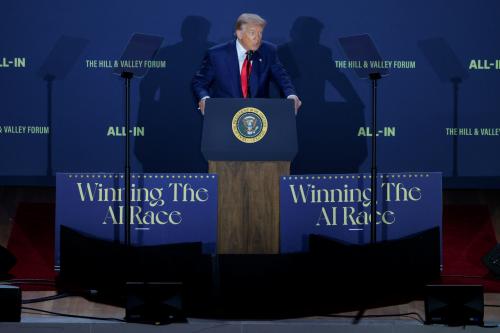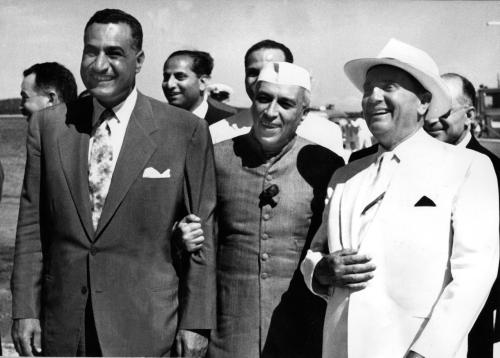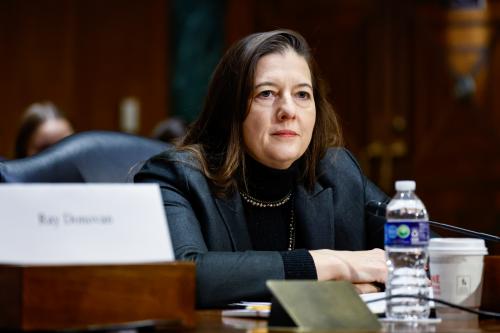

2:00 pm EST - 3:30 pm EST
Past Event
2:00 pm - 3:30 pm EST
1775 Massachusetts Avenue N.W.
Washington, DC
20036
In recent months, media reports have described in detail the systematic nature of Chinese government directives to clamp down on ethnic Uighurs in Xinjiang. China’s actions in Xinjiang have generated international criticism from dozens of countries. The Chinese government has defended its policy, saying that it is necessary for ensuring social stability. What are the historical antecedents of China’s ongoing actions in Xinjiang? What has the government done in the last three years? How are China’s actions in Xinjiang changing (or not changing) today? What does China’s approach to Xinjiang say about both its use of technology for internal security, and its approach to internal security more broadly? What are the likely internal and external ramifications of China’s actions? The event shed light on these and other questions of critical importance for understanding events in Xinjiang.
On January 16, the Foreign Policy program at Brookings convened a panel of experts to discuss the past, present, and future of China’s Xinjiang policies. Brookings President John R. Allen opened the discussion and provide framing remarks about events in Xinjiang. A panel of experts examined all aspects of China’s approach to Xinjiang and offer perspectives on how the United States and the rest of the world might respond. Following the conversation, panelists answered questions from the audience.
Panelist




Kyle Chan, Michael E. O’Hanlon, Qi Haotian, Zheng Lefeng
January 29, 2026

Tanvi Madan
December 16, 2025

Vanda Felbab-Brown
December 9, 2025